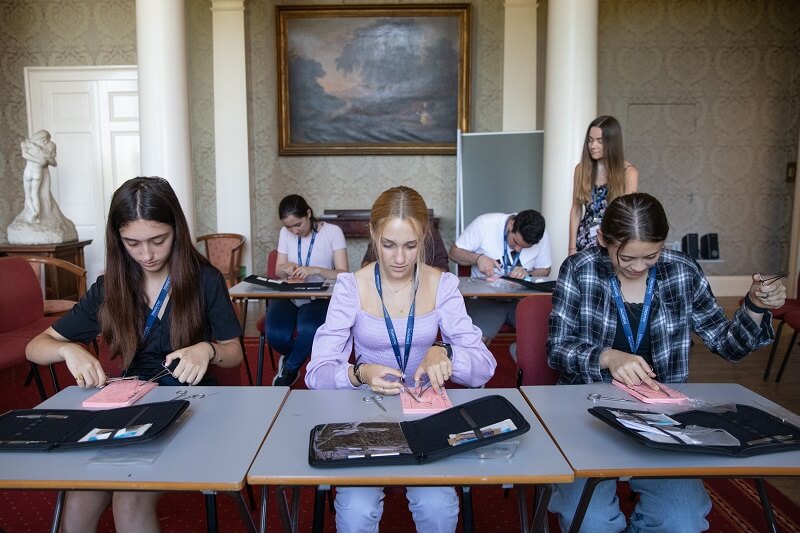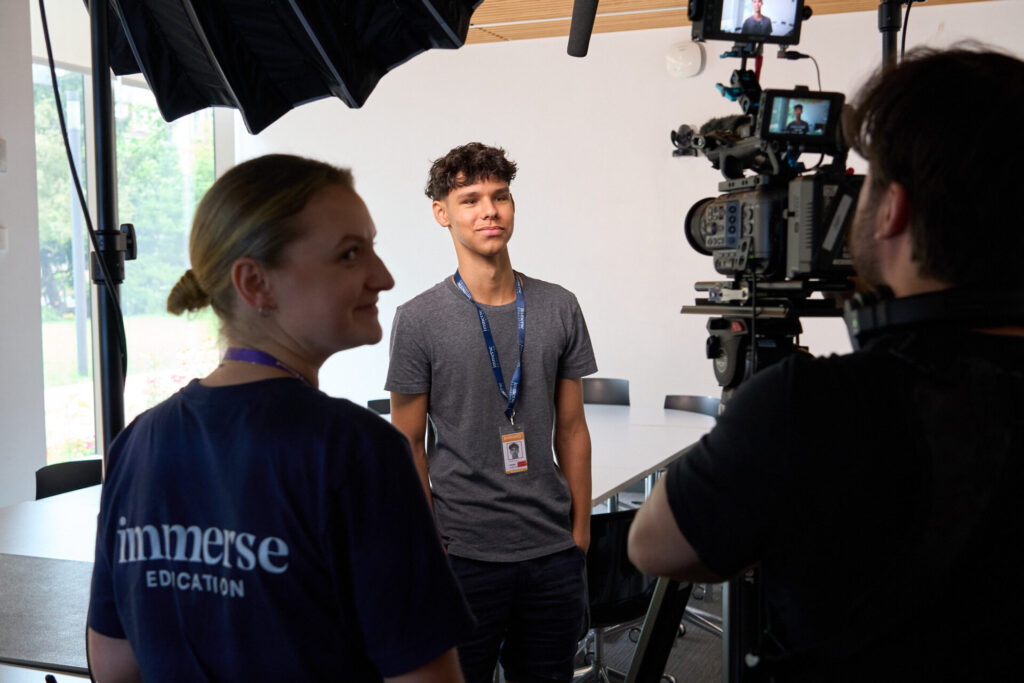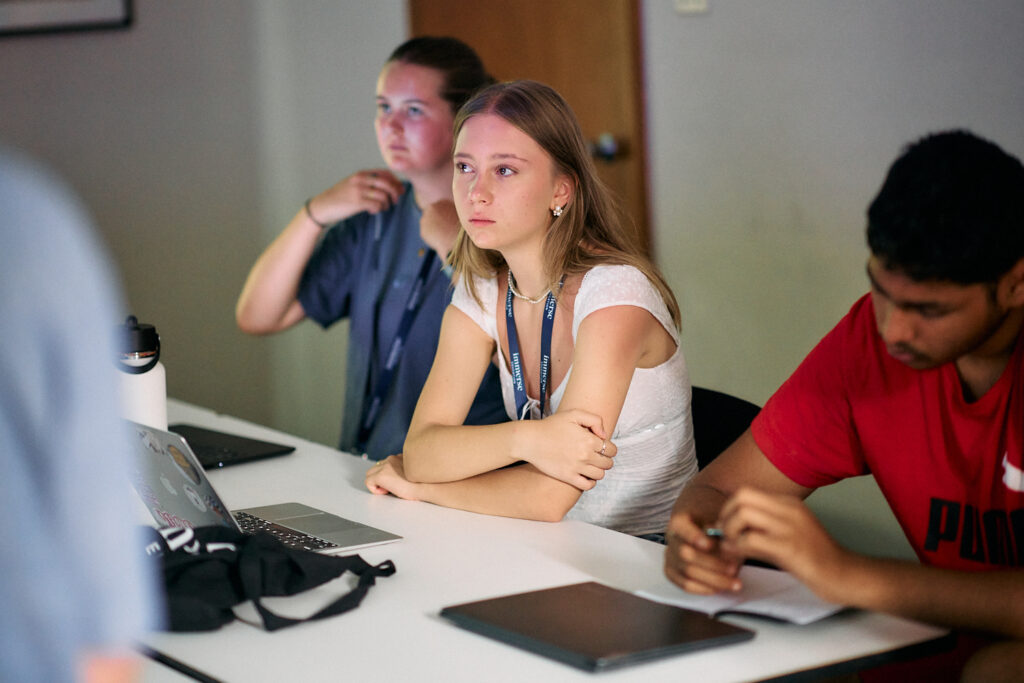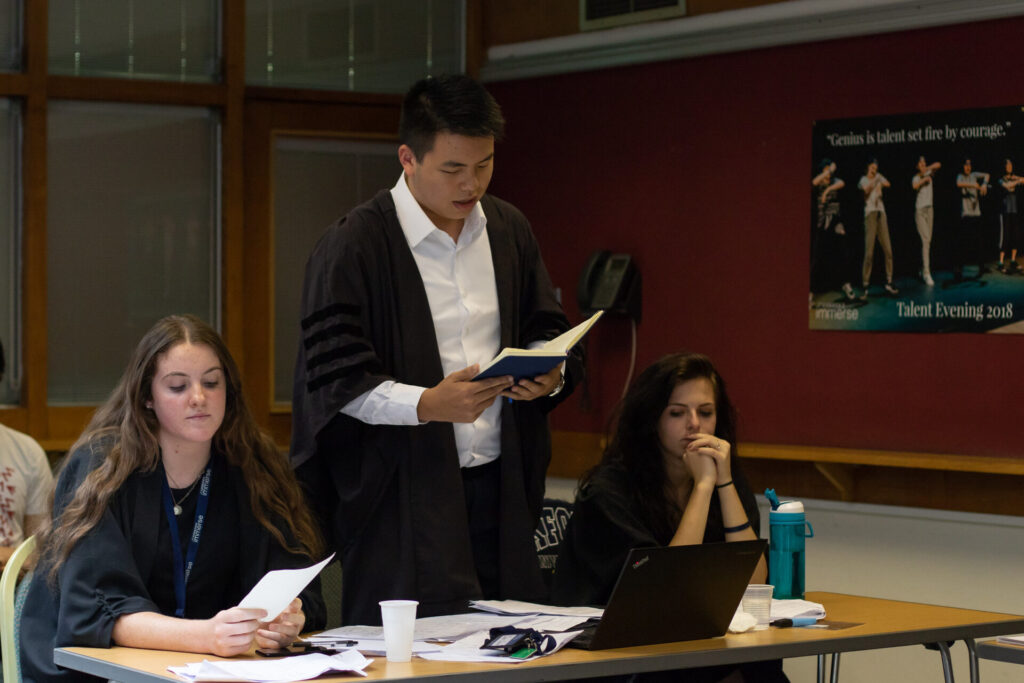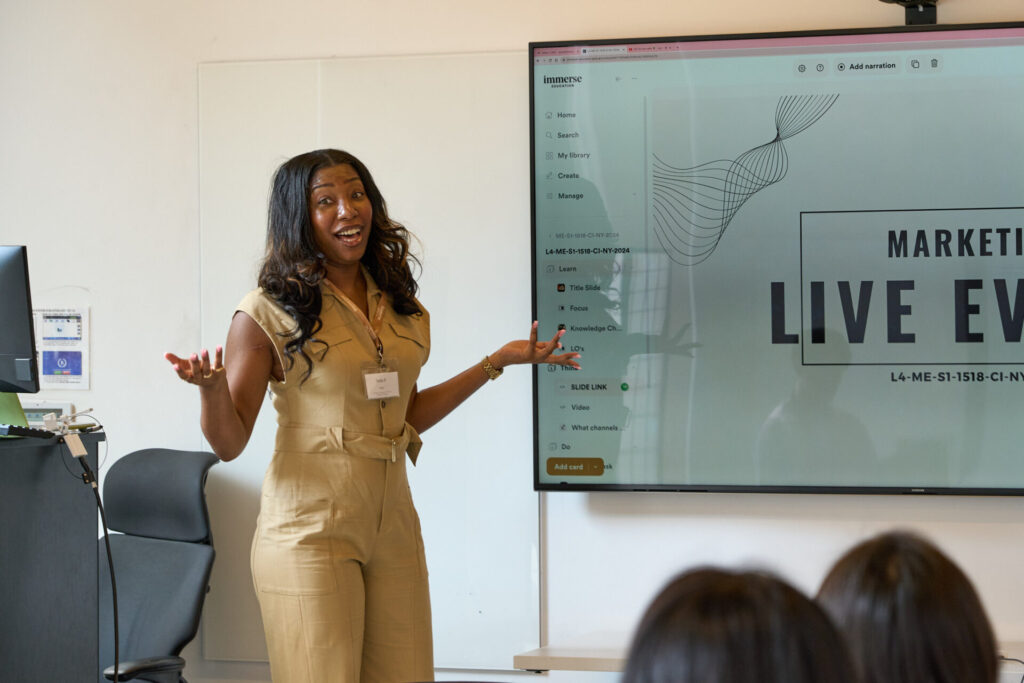Most of those who are born with the natural ability to string words together are reluctant to get trained and dedicate their lives to writing. They fear that they won’t have many job opportunities and will struggle to earn a good salary. But this is a very smart career path that opens the doors to many different job opportunities, including working for a local newspaper, becoming a published author, serving as a director of communications and marketing, or even becoming a creative director.
If you decide that you want to dedicate your life to writing jobs then please consider the different steps to take at the beginning of your journey. They are designed to make the rest of your career path smoother and to help you develop the skills needed for success.
Through this blog, we want to help you understand what you need to do starting in high school to become a published author. This is not a path that requires you to get a degree, but that doesn’t mean you don’t need to spend time getting trained and certified in various areas.
The more time you spend learning skills, the easier and more natural it will be to spend time creating worlds and characters, editing, and achieving success.
Traditional Subjects that Will Help you Have a Strong Foundation as a Published Author
During your final years of high school, you will have to take a variety of classes. Some of them may not be as interesting as you expected, and some of them will prove to be fascinating. But some will be extremely beneficial to your future success as a published author.
Let’s take a closer look at those that will help you develop a strong foundation in concepts, theories, and essential methods for your future career.
Creative Writing
Of course, our list had to start with Creative Writing. It’s a class that will guide you through the works of renowned authors to help you develop your voice, skills, and repertoire. You can expect to spend hours immersed in reading, critiquing, and commenting on poetry, essays, fiction, nonfiction, and all kinds of works. You will begin to familiarize yourself with the concepts and process of creating plots, characters, and worlds.
Please note that even when this might not be available through your school, there are numerous short and longer courses available for high schoolers.
You can think of this as your first formal experience in the world of writing. After completing this course, you will have a better understanding of whether this is something you can see yourself doing as a way of life and if this is a career path you want to pursue.
Literature
The more you are exposed to authors, books, stories, and different types of creative writing, the easier it will be for you to find inspiration.
Through your high school literature classes, you will have the opportunity to read authors like Jane Austen, Charles Dickens, Charlotte Bronte, Emily Bronte, William Shakespeare, who are responsible for Pride and Prejudice, Sense and Sensibility, Oliver Twist, David Copperfield, Jane Eyre, Wuthering Heights, Hamlet, and other pieces. Each of their books and novels will serve as a guide to expand your concentration skills and vocabulary to help you absorb concepts such as syntax, grammar, style, and punctuation.
While literature is not a required course for you to become a writer, we can say that it will make the process easier by exposing you to the wonderful works of many who have achieved success.
Language Studies
Learning a new language has a direct impact on your critical thinking and problem-solving skills. It will enable you to process and analyze information more efficiently and become a more rational and objective person. At the same time, challenging yourself to write in a different language will help you grow as a writer, improve your grammar and vocabulary, master grammar and syntax, and of course, explore different writing styles.
Learning a new language, whatever you choose, will only bring positive things to your profile and development. And, once you are fluente you will be able to explore a wider range of novels and book in their native language.
Journalism or Media Studies
Finally, Journalism is a dynamic subject designed to guide you through the different ways of communicating, audiences, media languages, and more. It’s a hands-on course where you’ll have the opportunity to become familiar with the art of storytelling, sourcing, reporting, and writing. All of these skills are key indicators if you want to pursue a writing career in the future.
Less Obvious but Beneficial Subject Choices
In addition to the subjects related to the art of literature and writing, others will come in handy as you explore the possibility of becoming a published author. These subjects will help you lay the foundation of general knowledge that you should know to avoid mistakes in your future stories and publications.
Psychology
Many writers agree that psychology is very useful for writing, any kind of writing. It helps writers broaden their perspectives, improve their writing skills, and motivate them to keep going even when they can’t find the right words to express their ideas. It also serves as a guide to understanding how people respond to certain stimuli.
We encourage you to take psychology classes while you are still in high school to familiarise yourself with key concepts, theories, and research methods that will come in handy when you set out to write your first book.
History
You may be wondering why history is on our list. The truth is that our understanding of the past can serve as inspiration for creating stories, characters, and plots. It can help you better understand a certain topic and make it more relatable to others. So don’t waste time, start paying attention to your history teacher, one day you will learn about a certain situation of a character that will inspire you to start working on your first story.
At the end, learning about each historial period opens the doors to get familiarized with authors who were able to achieve success in each one. Making it easy for you to learn and understand different writing styles, characters, eras, and cultures.
Philosophy
Strange as it may sound, taking philosophy classes will help you think more clearly and logically, which will come in handy when you want to write for others. You want to be able to communicate your thoughts and ideas without leaving room for confusion. At the same time, this training will teach you mechanisms for recognizing your own mistakes and externalizing your thoughts. These traits are extremely useful for anyone out there who wants to be a successful professional.
Rounding Out with Extracurriculars
Aside from sitting in classes on one subject or another, as a future published author, you need to start working on your voice and style. How do you want to write? What kind of writing do you want to do? Fiction? Drama? Romance? Science fiction? History? There are many options out there to better educate yourself. You must start learning about each of them and figure out which one interests you the most.
Developing Your Voice and Style
There are three main ways in which you can start working towards the development of your writing voice and style:
- Community writing groups: Join local writing groups that provide a platform for sharing work, receiving feedback, and fostering a supportive network of fellow writers. You can usually find these groups with a quick Google search, but some examples include Young Poets Network, Writing East Midlands, Moniack Mhor, or Spark Young Writers.
- Literary magazines: Try writing for or working with the editorial staff of literary magazines; these experiences provide hands-on experience and exposure. Vogue, Dazed and Confused, News UK all offer opportunities for high school students.
- Reading Groups: Participating in discussions about different texts can broaden your critical perspective and expose you to different interpretations. Reading Groups for Everyone is the UK’s largest reading group network, and a quick search can help you find groups and book clubs near you or with similar interests.
Building a Portfolio and Gaining Exposure
As you set up yourself for training and courses in the writing field, it’s key that you dedicate time to learning about portfolios and how to build one. Our Creative Writing Summer School includes it as part of our curriculum.
Yet, beyond getting formal training, you should consider these options:
- Blogging and Online Publishing: Start a blog or publish articles on platforms like Medium to build an audience and refine your voice.
- Writing Competitions and Literary Grants: Participate in competitions can provide recognition, while grants offer financial support to focus on your projects. In this link, you will find information for writing competitions in the UK for 2024.
- Social Media: Use platforms like X (Twitter) and Instagram to share your work, connect with readers, and follow industry trends.
Join the Immerse Education 2025 Essay Competition
Follow the instructions to write and submit your best essay for a chance to be awarded a 100% scholarship.

Different Career Paths for Authors
Once you have made up your mind and are ready to become a published author, you need to spend some time understanding the different ways you can achieve your goal. Becoming an author doesn’t always look the same. You can start by publishing a children’s book and then grow from there to capture the imagination of an older audience.
Let’s take a quick look at the most popular paths you’ll find out there so you can start planning what you want to accomplish and how you’re going to do it.
- Traditional Publishing: Refers to the publishing method in which you work with a publishing professional to handle the creative and distribution process. You, as the author, would be responsible for completing the manuscript and submitting it for review and editing. Once approved, the publisher handles marketing, distribution, warehousing, and more. This third party charges a fixed percentage of the book’s sales.
- Self-Publishing: In this case, you, the author, would be responsible for every single action from writing the manuscript to putting it on the bookshelves. This includes editing, design, marketing, distribution, finances, and more. Without question, this is the way you would make more money if you complete the book.
- Serial Publishing: This is the method of publishing a single work in shorter pieces or instalments. It’s very common in the academic and scientific world, as well as for nonfiction books.
- Creative Writing Instructor: Another option is to focus on teaching students the skills and knowledge they need to write fiction, poetry, or any other form. It’s common for universities to require writing instructors to create and publish pieces for academic publications.
Emerging Fields and Interdisciplinary Roles
Beyond the traditional publishing methods and roles, others have emerged as technology has given us more ways to reach a broader audience and share knowledge or entertainment with them. Here’s a brief overview of some of the roles you might consider as you make your way into the publishing industry.
- Digital Storytelling: Experiment with innovative storytelling forms, such as interactive fiction or multimedia storytelling projects, to engage audiences in new ways.
- Content Writing: Use your creative writing skills to produce compelling content for brands, cultural institutions, or nonprofits that blends informational and narrative elements.
- Ghostwriting: Offer your writing services to others, lending your voice to projects ranging from autobiography to fiction.
- Editorial Roles: Work behind the scenes at publishing houses or literary agencies, helping to shape the future of literature by supporting emerging writers.
- Creative Expression in Journalism: Explore forms of journalism that welcome creative expression, such as long-form features, narrative journalism, or opinion pieces that allow for personal voice and storytelling techniques. This track offers a unique blend of factual reporting and literary artistry for those who want to inform and captivate readers at the same time.
Final Thoughts
Preparing for the publishing industry starts today. While you don’t need a degree in this field, it’s important to invest time and resources in learning and understanding the different writing techniques. This, combined with reading and writing pages and pages of words, worlds, and characters, will help you find your voice and style.
As you prepare, it’s always a good idea to do a summer programme that can help you understand if this is the right career path for you.










